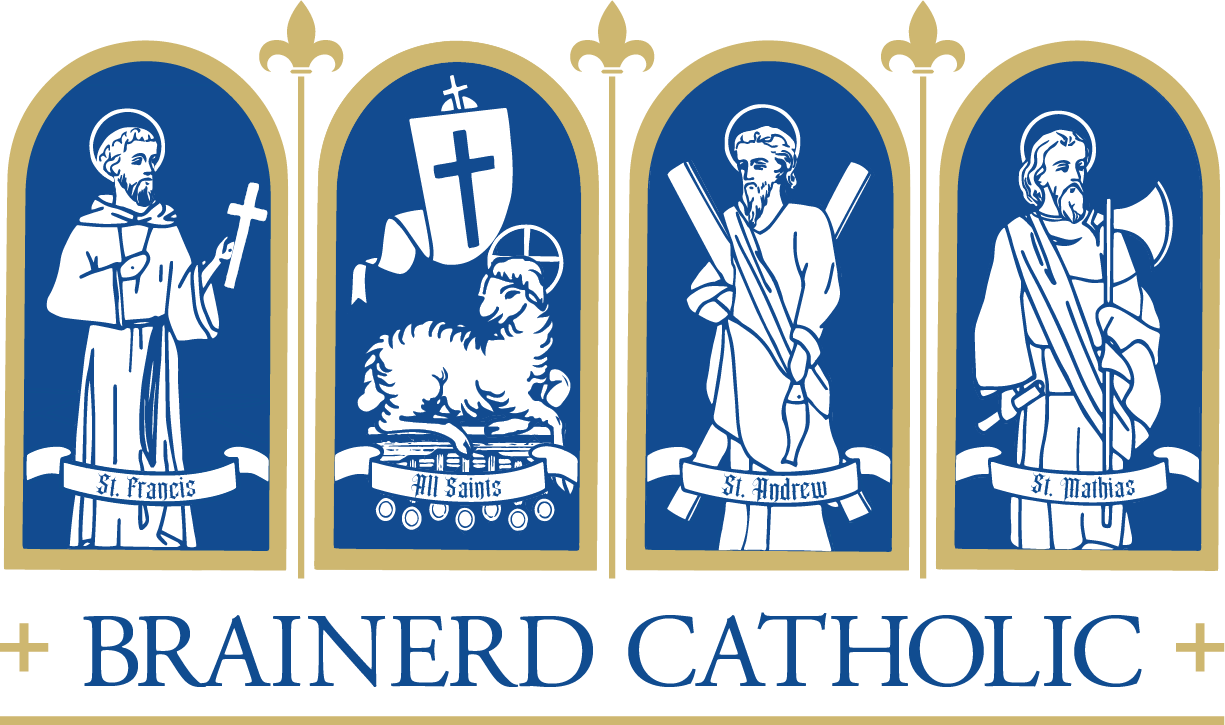Christos Anesti!
Christos Anesti! For centuries Christians have used this traditional Paschal greeting around Easter time. The language is Greek and it’s pronounced “Chrēstōs” (with an ‘ē’ as in ‘Greek’, and an ‘ō’ as in ‘oak’) “Anëstē” (with an ‘ë’ as in ‘bet’ and an ‘ē’ as in ‘Greek'). It means “Christ is risen!”. When greeted in this way, the proper response is to say, Alēthōs Anëstē!, which means “He is risen indeed!” Holy Week is the week leading up to Easter and is the holiest week of the year. The Easter Octave is the week following Easter and it ends with Divine Mercy Sunday. Devotion to the Divine Mercy began with St. Faustina Kowalska who reported to have visions of Jesus and conversations with Him, which she recorded in her diary, later published as The Diary of Saint Faustina. Next Sunday, April 16th, at Immaculate Heart Church in Crosslake, we will begin at 3pm with Adoration and Confession and end with dinner at 5pm. Come for part of it or all of it as we celebrate God’s incomprehensible love for sinners. Also, remember that there is a plenary indulgence offered to those who participate. I’ll write more on that in next Sunday’s column.
I hope to spend my Easter Sunday with my parents who live just north of Nisswa, with my siblings, and with all my nieces and nephews. I pray you all have a blessed Easter Octave!
—- Fr. Michael Garry
